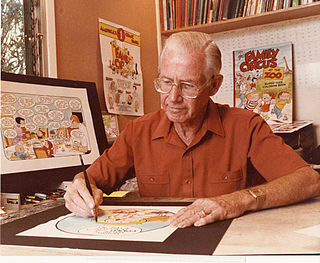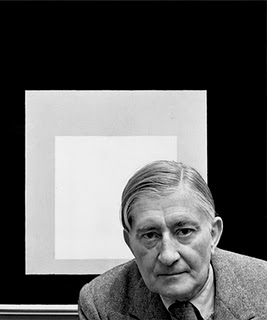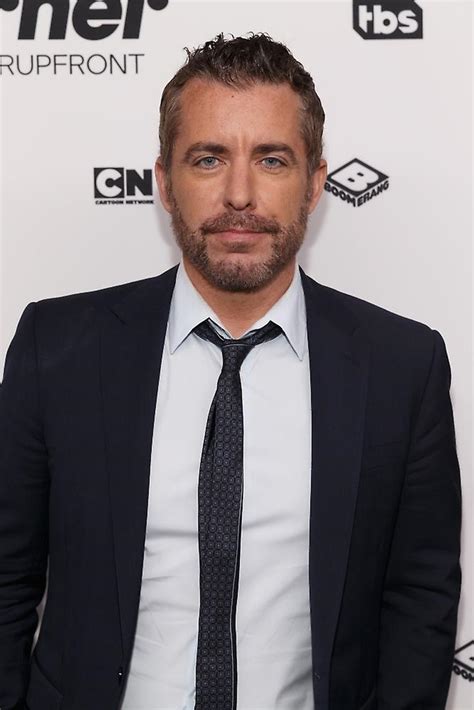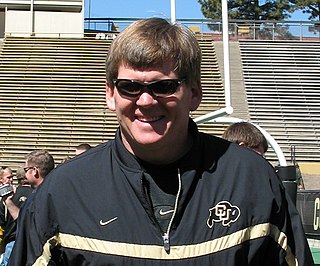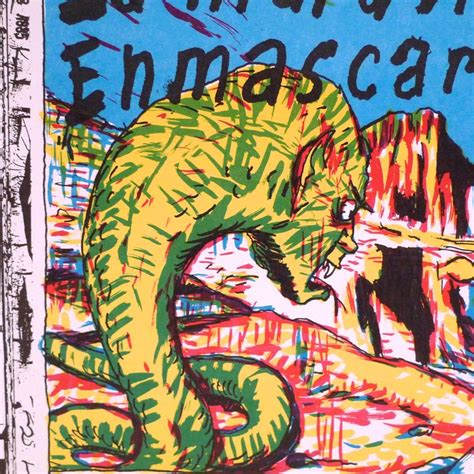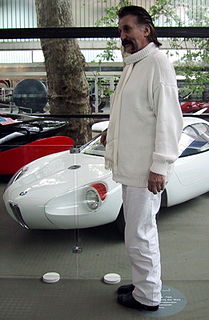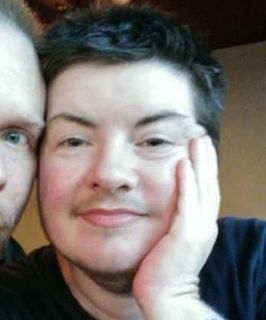A Quote by Bil Keane
I never studied art, but taught myself to draw by imitating the New Yorker cartoonists of that day, instead of doing my homework.
Related Quotes
My mother taught me this trick: if you repeat something over and over again it loses its meaning, for example homework homework homework homework homework homework homework homework homework, see? Nothing. Our existence she said is the same way. You watch the sunset too often it just becomes 6 pm you make the same mistake over and over you stop calling it a mistake. If you just wake up wake up wake up wake up wake up wake up one day you'll forget why.
I never designed before. I wasn't formally trained in design, I went to photography school at the ICP. But over time, I taught myself to draw, and I studied different techniques, various hemlines, and then I would take the ideas to a manufacturer and a patternmaker and have them produced into garments.
I think that anyone who likes writing views 'The New Yorker' as the, you know, pinnacle of the publishing world. If you get 50 words published in 'The New Yorker,' it's more important than 50 articles in other places. So, would I love to one day write for them? I guess. But that's not my sole ambition.
To paraphrase president Kennedy's inaugural, the torch has been passed to a new generation of cartoonists and they are doing really interesting stuff, taking the old cliches and breathing new life into them and inventing new ones. This doesn't mean the previous generation of which I'm a charter member isn't doing good stuff but this new material is invigorating everyone.
